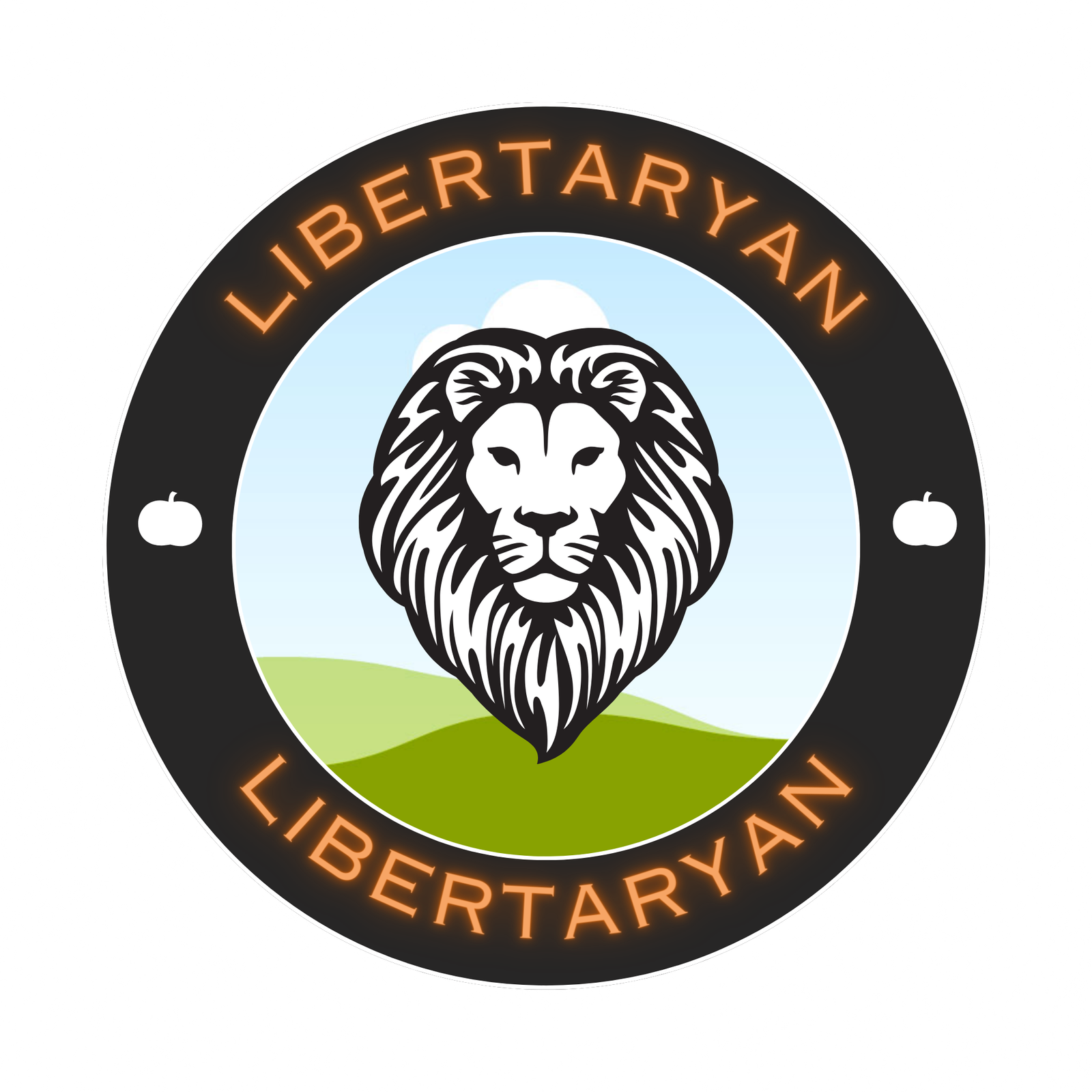Let’s say you took your fancy coat to a cleaner and found out later the owner let his wife wear it before cleaning it. Or imagine you gave your car keys to a hotel valet, and they let some teenagers take your car for a joyride. You’d be pretty upset, right? When you gave them your coat or car keys, you were just asking them to look after them, not to let someone else use them.
Now, picture it’s the 1700s, and you have a lot of gold. It’s heavy and you don’t live in a safe place, so you decide to leave it with a goldsmith for safekeeping. He gives you ten tickets that say you own the gold. Because carrying gold is hard, soon people start using these tickets as if they were gold. This doesn’t mean you’ve given away your gold; you’ve just found an easier way to handle it.
But then, the goldsmith gets sneaky. He sees the gold just sitting there and decides to lend it to others without telling you, giving out more tickets as if there’s more gold than there really is. This is like what banks do when they hold only a part of the money but lend out more than they actually have. This can lead to making money out of nothing, which is unfair to others.
What is more problematic is when your own government becomes an enabler of these sneaky activities. Austrian economics professor Murray Rothbard explains in his book “The Case Against The Fed” that there are three legitimate ways to acquire wealth, using gold as an example: you can mine it, trade goods and services for it, or receive it as a gift, donation, or inheritance. This is the foundation of creating wealth. Now, think about a situation where your lazy yet cunning neighbor begins to produce fake gold or something that looks just like real gold, and starts using it to buy things. This increases the amount of “gold” being used in the community. According to the principle of supply and demand, when there’s more money circulating, it usually leads to inflation, meaning the value of your money goes down. Counterfeit money is harmful to any society because it reduces the value of our money. But what if the entity creating this counterfeit money is the government itself? This is what happens worldwide when governments print money out of thin air.
In 2020, the U.S. central bank made it so banks don’t need to keep any of the money they’re supposed to have in reserve, because of the COVID pandemic. This could lead to banks taking more risks.
Imagine the goldsmith, now acting like a bank, has a rich uncle who promises to bail him out if he runs out of gold. Knowing this, the goldsmith might take even bigger risks, thinking he has nothing to lose.
Some people argue that what banks do isn’t right because they use your money without always being clear about it. If a bank loses your money, they just use someone else’s money to cover it. This is like a scheme where they’re always trying to stay one step ahead, but it’s not honest.
People argue against this kind of banking because it can lead to financial crashes and doesn’t add anything good to the economy. It’s like making money without actually earning it, which isn’t fair to everyone else.
There’s a debate about stopping this kind of banking because it causes big problems in the economy. Ending it would mean banks couldn’t just create money out of nowhere, which would make the economy more stable. It’s time to talk about changing our banking system to stop these unfair practices.


